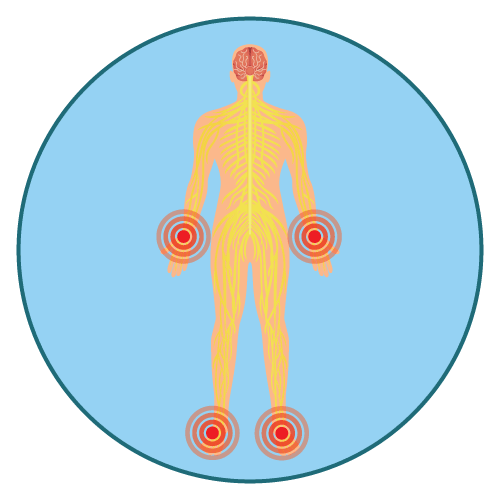| Name | Isoniazid |
| Classes |
Antiinfective Agent Antituberculosis Agent |
| Diseases |
Infectious Disease TB (Tuberculosis) |
Isoniazid
Isoniazid prevents the production of mycolic acids, which are an important component of the bacterial cell wall. Isoniazid is bactericidal against actively growing intracellular and extracellular Mycobacterium TB germs at therapeutic doses.
Isoniazid is used to treat tuberculosis in all organisms that are vulnerable to it. Active tuberculosis, on the other hand, must be treated with multiple anti-tuberculosis drugs at the same time to avoid drug resistance. Isoniazid or any other medication as a single-drug treatment for active tuberculosis is ineffective.
Active tuberculosis:
- Adults
5 mg/kg up to 300 mg daily in a single dose; or 15 mg/kg up to 900 mg/day, two or three times/week. - Children
10 mg/kg to 15 mg/kg up to 300 mg daily in a single dose; or 20 mg/kg to 40 mg/kg up to 900 mg/day, two or three times/week
Latent tuberculosis:
- For 6 months, take 300 mg every day.
- 5 mg/kg/day for at least 12 months of culture-negative sputum in nontuberculous mycobacterial illnesses
- Maximum dose: 300 mg per day.
Side effects associated with Isoniazid are-
- Hepatitis
- Peripheral neuropathy
- Jaundice
- Hepatic dysfunction
- Nausea
- Vomiting
- Pancreatitis
- Vitamin B12 deficiency
Severe and occasionally fatal hepatitis has been linked to isoniazid treatment, and it can happen or develop even after months of treatment. The risk of hepatitis increases with age. As a result, patients taking isoniazid should be closely observed and interviewed at least once a month.
Precautions should be exercised in the following cases with use of Isoniazid-
- Alcoholics on a regular basis. Alcohol consumption on a daily basis has been linked to an increased risk of isoniazid hepatitis.
- Patients suffering from aggressive chronic liver disease or severe renal failure.
- More than 35 years old.
- Use of any chronically administered medicine at the same time.
- Isoniazid has previously been discontinued.
- Peripheral neuropathy or conditions that predispose to neuropathy are present.
- Pregnancy.
- Use of injectable drugs.
- Women from minority groups face unique challenges, particularly in the postpartum period.
- HIV-positive individuals
Contraindication
Contraindicated in patients hypersensitive to isoniazid or any component of the product.
There's no known contraindications of Isoniazid in terms of food and drinks.
Contraindicated in patients with a history of drug induced liver problems or existing severe liver problems.
 Bangla
Bangla English
English





